Students Share Stories of Adoption
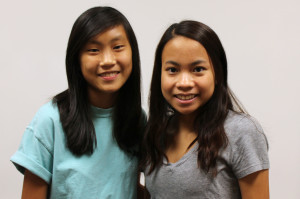
A move from another country is always hard, but especially difficult without your family.
Olivia Green ‘18 and Mia Fagan ‘18 both endured a life-changing experience at a young age.
Green was adopted from China as a one-year-old after being sent to an orphanage.
“Because of the One Child Policy in China, my biological mom and dad left me at a police station when I was really young, like 1 week or so old,” Green said.
Following that, she resided at the orphanage for a year until her new family adopted her and brought her to America. The fact that Green doesn’t know who her biological parents are or if she has any siblings doesn’t worry her, although it sparks her curiosity.
“I might have an interest in finding out who my real parents are but I don’t know,” Green said. “I feel like that might be kind of awkward but sometimes I do wonder things like ‘What would my parents look like?’.”
Currently, she has a sister who is adopted from Vietnam. Recently, Green’s family has connected with another Lost Girl that was in the same orphanage as her and lives in Arizona.
Since her move as a child, Green has not returned to China, but would like to in the future.
“I think it would be fun and interesting to see the orphanage I came from,” Green said. “I wonder a lot about what I would be doing now if I was never adopted. Like would I still be in the orphanage, or would I be in some place like England? But I couldn’t wish for anything else besides my life now.”
Fagan, another student here, has experienced a similar journey. She was adopted at four months old from Vietnam. Her biological parents made the aching decision to leave Fagan at an orphanage, knowing they didn’t have the ability to take care of her and provide her with opportunities to lead a prosperous life.
“If I were still living there I would probably be a lot poorer and I wouldn’t have a good education, so I am glad that I was adopted,” Fagan said. “Otherwise, that would have been bad because the whole reason they put me up was because they couldn’t afford to take care of me.”
Now, Fagan has another younger (non-biological) brother who was also adopted from Vietnam. When she was 8 years old, she and her new family went back to Vietnam for him.
“It was nice to go back to Vietnam, it was different,” Fagan said. “The lifestyle there is a lot different and so are the people.”
Unlike Green, Fagan does have access to her biological parents’ information, although she hasn’t kept in contact with them.
“If I ever wanted to talk to them I guess I could,” Fagan said. “Eventually that is something I would like to do.”
After this experience, Fagan has concluded that going back to Vietnam and maybe even adopting her own child would be something she would like to do. For right now, however, she is happy for the opportunities and family she has.
“I never really knew my parents, so I don’t really have two sets,” Fagan said. “The parents I live with now I consider my parents.”
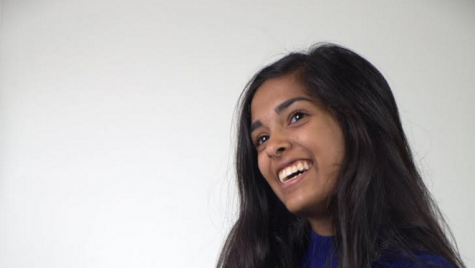
Hi! My name is Khira Patel and I am an Assistant Editor for the Heritage. This will be my third year as a member of student press and fifth year working...


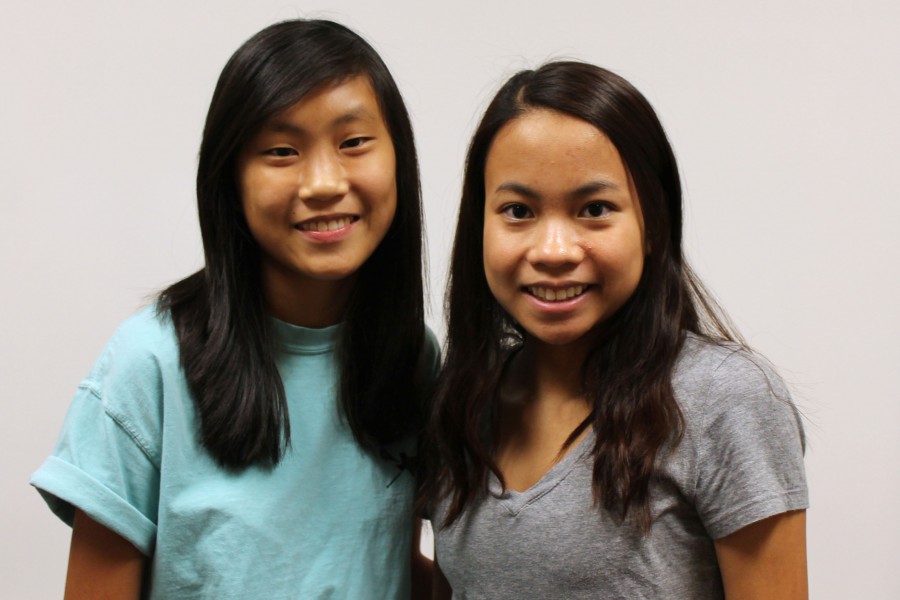
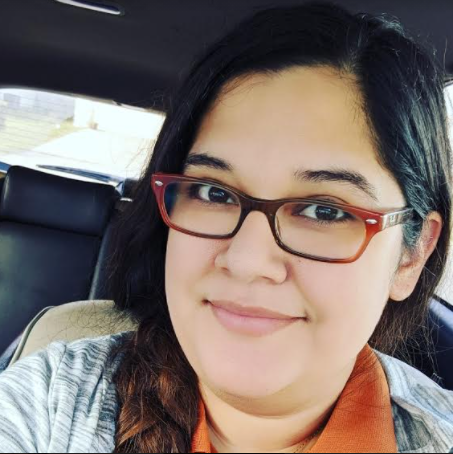
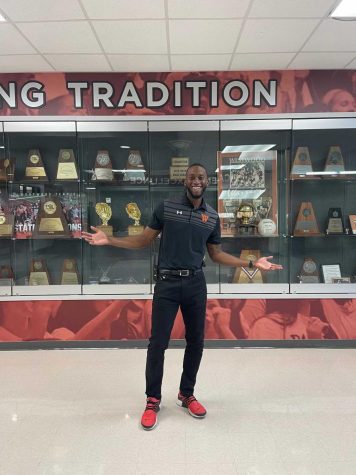

DeeDee • Mar 10, 2018 at 2:27 am
Tnis article could have clarified what was meant by the phrase “Lost Girl,” which I assume is a reference to the 2004 National Geographic documentary “Lost Gorls of China.” Also, the phrase “real parents” usually isn’t the preferential one when talking about adopted people. Instead, use “first parents” or “biological parents” to refer to the parents an adopted person was born to.